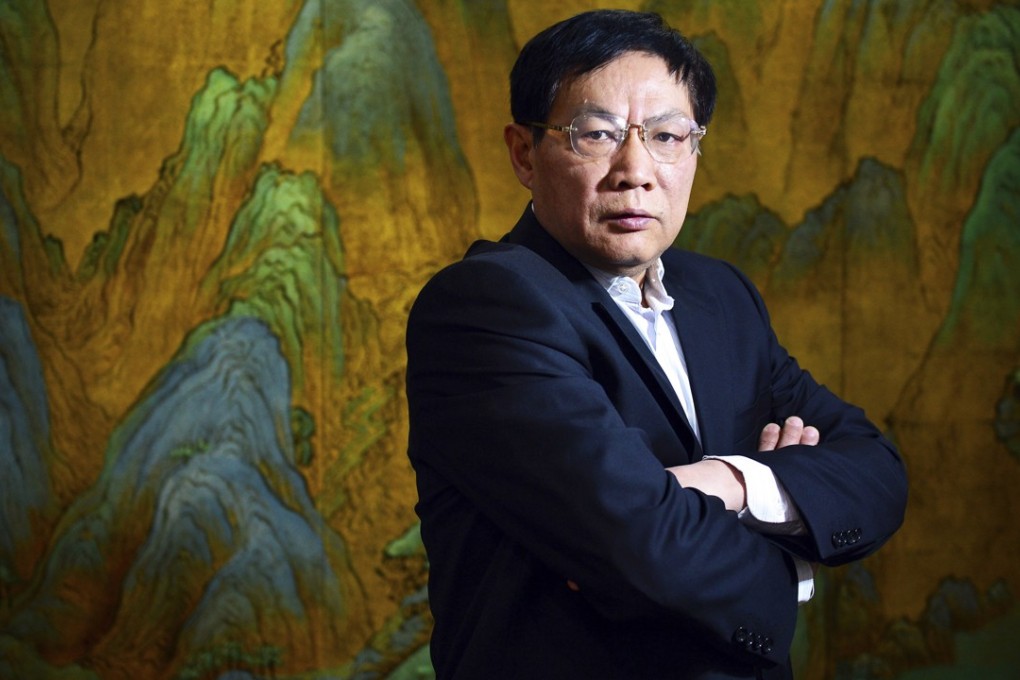‘Big Cannon’ Ren Zhiqiang compares China to North Korea over hukou policy
Outspoken property tycoon who survived political storm last year says Beijing’s eviction of migrant workers is a deluded way to solve problems

A property tycoon who found himself in hot water last year after criticising President Xi Jinping’s call for the media to show loyalty to the Communist Party has returned to the spotlight, comparing China to North Korea over its rigid household registration system.
Ren Zhiqiang, a 66-year-old party member known as the Big Cannon for his outspoken views, was speaking at the annual conference of financial magazine Caijing in Beijing on Wednesday.
He told the conference the registration system was “adopted only by a limited number of countries, including China and North Korea”, and that Beijing’s ongoing eviction of migrant workers was a deluded way to solve the city’s problems.
“The Beijing government once boasted that there was no family with housing problems in the city – but it was only talking about locals,” said Ren, the former chairman of Huayuan Property, a company owned by the Beijing government.
Thousands of migrants have been evicted from Beijing as part of a 40-day campaign launched last week to address safety threats in the aftermath of a residential fire that killed 19 people this month.